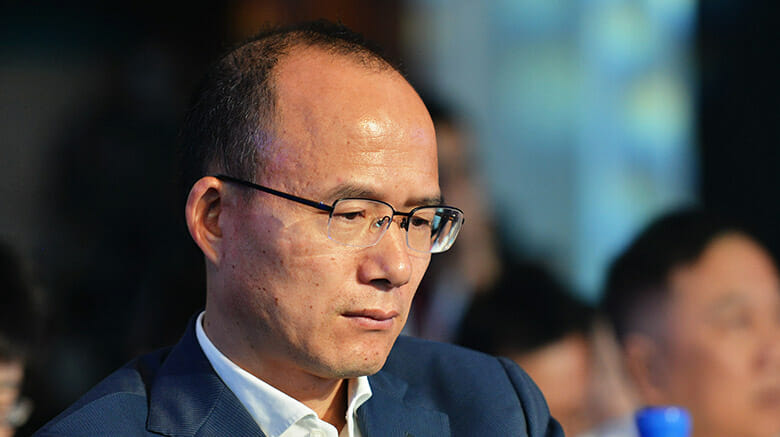
The Chinese conglomerate is a long way from its free-spending Club Med acquisition (Getty Images)
Moody’s Investors Service on Tuesday downgraded Fosun International and gave the mainland conglomerate a negative outlook, citing a prohibitive short-term debt load, but not before the Chinese conglomerate announced that it was terminating its relationship with the rating agency.
Moody’s lowered Fosun’s corporate family rating one notch, from B1 to B2, and also downgraded the $500 million bond issue of a BVI-registered subsidiary, Fortune Star. The rating action reflected the Shanghai-based firm’s weak liquidity, declining asset values and execution risk related to fundraising plans, said Moody’s senior vice president Lina Choi.
“We are also concerned that accelerated divestments or pledge of good quality assets will lead to a faster-than-expected weakening of Fosun’s portfolio size and quality, as well as its financial flexibility, which no longer supports its previous B1 rating,” Choi said in a research note.
In a bid to get ahead of the story, Fosun released a statement on Monday saying it had notified Moody’s on 12 October that it would “terminate its business engagement” with the rating service and had ceased to provide relevant company information since that date.
Asset Values Erode
The Hong Kong-listed firm led by chairman Guo Guangchang has seen its financial position deteriorate in recent months, experiencing a 30 percent decline in the market value of key holdings from the end of June to 20 October, Moody’s estimated. The drop in market value drove a contraction of 10 percent in Fosun’s estimated portfolio value as of June.

Fosun chairman Guo Guangchang will no longer play ball with Moody’s (Getty Images)
Another complicating factor is a financial policy that tolerates high risk and depends on short-term debt to fund long-term investments. Moody’s reckons that cash on hand at the holding-company level is insufficient to cover Fosun’s short-term debt maturing over the next 12 months.
“Moody’s expects Fosun to face difficulties in refinancing its sizeable short-term debt in public bond markets, both onshore and offshore, given the current weak market sentiment,” the agency said.
The latest downgrade follows last month’s demotion by S&P Global Ratings, which cut Fosun’s long-term issuer credit rating and senior unsecured debt rating by one notch to BB-. The action was taken in part because of the firm’s reliance on short-term borrowings in an environment where financing channels are narrowing for China’s privately run companies, S&P said.
Balance Sheet Repair
Notorious for its busted bets on faded brands like Club Med and Thomas Cook, Fosun has sought to trim its overstretched holdings and refocus on core investments.
The firm told analysts Monday that it aims to sell as much as $11 billion worth of non-core assets within the next 12 months, Bloomberg reported. The assets it considers core include pharmaceutical, retail, tourism and insurance interests.
Hong Kong media reported last month that the firm was planning to trim its stake in Fosun Tourism Group after previously reducing its shareholding in Fosun Pharma, which owns the marketing rights to the Pfizer-BioNTech COVID-19 vaccine in China.
In March, Fosun agreed to repurchase a 50 percent stake in its Bund Finance Center for RMB 6.34 billion ($1 billion), nearly six years after offloading the half-interest in the Shanghai waterfront complex.
Upon acquiring the stake from shadow banking firm Zhongrong International Trust, Fosun reclaimed full ownership of the commercial complex, which held its grand opening in 2019 and has a gross floor area of 425,392 square metres (close to 4.6 million square feet) across office, retail, hotel and cultural space.
Leave a Reply